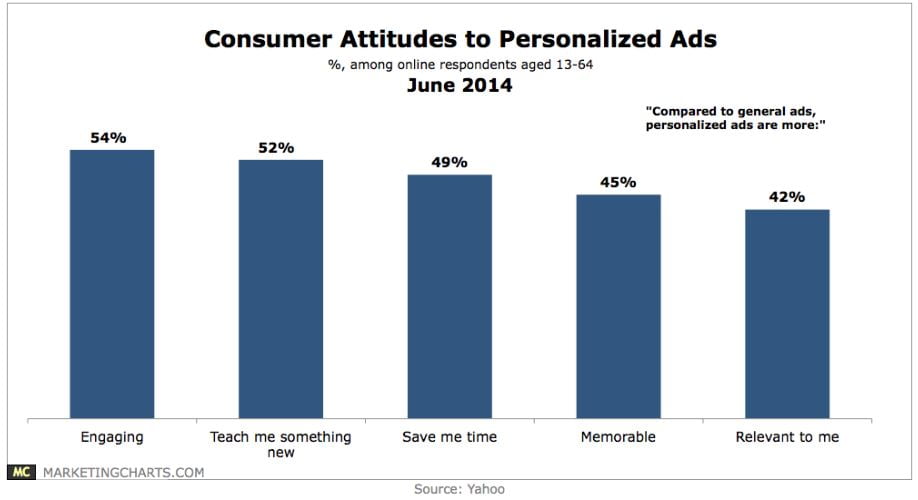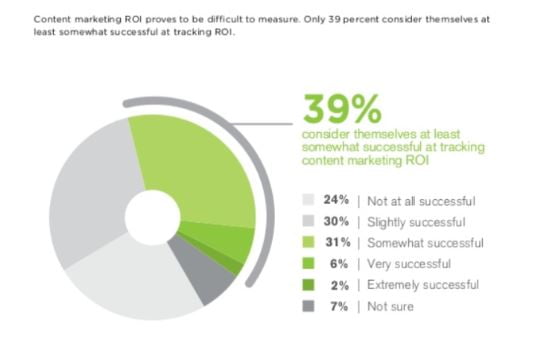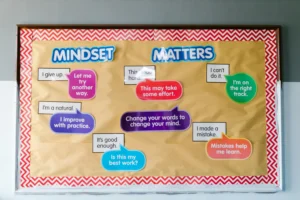A copywriter plays an extremely important within a business.
Think of everything that requires copy…
Ads, blog posts, newsletters. You name it.
And, you can’t write just any copy.
It needs to be unique and exciting while pushing customers to take action.
That isn’t easy.
Hiring a talented copywriter might be one of the best investments you make for your business for this reason.
They take the weight off your shoulders, save you time, and produce tangible results.
But, what should you look for? What should you ask them during an interview?
I’ve worked with hundreds of businesses as a copywriter, I’m going to give you the inside scoop on what questions to ask or be prepared for.
Check em’ out. 👇
1. What’s your writing process?
If you get a blank stare or awkward silence, that isn’t good.
Every great writer has a thorough process and steps they use to complete every project.
It’s a hallmark of an organized and skilled professional.
They understand that there are resources to organize, outlines to draft, and many different things on their plate.
Look for writers that have consistent and clear writing processes as this will speed up projects, ensure deadlines are met, and make working together much easier.
Check out my blog post on a proper writing process to learn more.
2. What do you think is the most important part of good content?
Content isn’t just written to look pretty on a website.
It needs to achieve something.
Asking writers what the most important parts of content offer insight into their mindset.
For instance, you should be looking for responses like:
- Content needs to be actionable and practical. The reader should know what to do right away through resources, instructions, and tools.
- It needs to be unique among other search results or businesses on the market. (Depending on the type of content.)
- It has to target a hyper-segment of a customer base and resolve their particular problem(s).
- Establishing thought-leadership and authority.
- Generating organic traffic and prospects from search engines.
- Data-driven and backed by real-world examples.
The above responses = good.
Generic responses = no good.
3. How do you approach time management and deadlines?
Editorial calendars require intense organization.
They include topics, keywords, notes, and most importantly: deadlines.
I firmly believe as a freelance writer that my client’s business is top priority.
They’re trusting me with the content, so I go out of my way to hit deadlines or else their marketing slows down.
No bueno.
Furthermore, all of the processes involved in writing can make the entire thing overwhelming.
I’m talking about writing, editing, proofreading, SEO, and the list goes on.
Ask writers about how they personally approach deadlines and managing projects.
Skilled writers will have a clear strategy for ensuring they don’t miss due dates and maximizing workflow.
4. How do you tailor content to be suitable for specific audiences?
No audience is the same.
Giving every person the same content is like trying to put a Toyota engine in a Ferrari, Lamborghini, and Audi.
It won’t fit into every car.
Sure, eventually a Corolla will come along and it’ll be a match. But, you need to do better.
Personalized material is needed for successful content marketing campaigns.
In fact, it’s been found that consumers believe personalized ads are more engaging, memorable, and educational.

Ask writers how they approach tailoring content to different buyer personas.
Do they speak in their language? Do they address specific pain points? Is content changed to meet a certain budget and demographic?
5. Will you complete a writing assignment?
A good litmus test to determine if a candidate is serious about working for your business as a copywriter is if they will complete a writing assignment.
However, it’s different for every situation.
For example, I only do paid trial articles and similar because I value my work.
Nonetheless—paid or free—a trial article is a good way to see who is willing to put in extra work to begin a relationship.
This can be as simple as writing 100 words or a small blog post depending on the role and project.
6. What type of content have you produced previously?
Content comes in all forms: blog posts, whitepapers, case studies, newsletters, etc.
While some writers double-down and specialize in one form of content, it’s beneficial to be a trick of all trades.
Both are good depending on what you’re searching for.
Some brands require a copywriter that’s well-rounded—they can create content for many different channels.
On the other hand, some businesses require a laser focus like direct response copywriting.
Audit what areas the copywriter has experience in for this reason.
7. What results have you generated in the past?
Copy needs to do something.
Not sit and collect dust.
I suggest asking writers if they have case studies or to give ideas of what they’ve helped other businesses achieve.
This may include organic traffic, leads, revenue, ranking increases, and similar.
Clear results are one of the most important things to look for in a copywriter because it will ensure budget is well spent.
Additionally, it’s one of the most common struggles in content marketing as only 39% say they can track their content’s ROI.

Check out my article on content marketing KPIs to understand the metrics you have to watch.
8. How do you approach on-page SEO?
Presuming you’re looking for a writer to produce blog posts or similar content to enhance search engine performance, this is a mandatory question.
And, SEO is complicated. Very complicated.
Luckily a writer needs to only focus on on-page SEO which is a repeatable process.
I would look for knowledge around:
- Keyword research and search terms are implemented. They are placed in areas like the title, meta description, header tags, etc.
- User experience plays a large role in Google’s algorithm. what do they understand about UX and making content reader-friendly? This typically involves image compression, formatting, and structure.
- Internal and external linking with strategic anchor text.
- Optimizing URLs so search engine crawlers and users understand the page content.
9. Do you understand lead generation and sales funnels?
This plays into #7.
A good writer understands marketing and sales. That includes funnels.
Many companies engineer funnels to generate high-quality leads and paying customers.
If a copywriter understands how funnels work, they will be able to produce content that aligns with the buyer’s journey and strategic lead magnets.
Ultimately this will result in the writer helping your business acquire more leads and customers.
10. Do you have experience in our industry?
This is a good question, albeit slightly overrated. Let me tell you why.
As a writer myself, I can tell you that one of the most important processes during writing is research.
I personally take a look at market reports, trade magazines, case studies, whitepapers, government statistics, and anything I can get my hands on.
All of this allows me to organize myself and understand any industry, the client, and who the customer is.
While I mainly focus on SaaS copywriting and the B2B space, I’ve dabbled in health, blockchain, and random niches that weren’t my specialty.
I was still able to make my clients happy and produce great work.
So, don’t be too quick to shoo away writers who aren’t experts in your market.
Although, I would say certain niches need to be more careful like medical and law because you’re creating content around very sensitive subjects.
Final thoughts on copywriting interview questions
Whether you’re looking to hire a writer or want to be prepared for an interview, you need to know the most important copywriting interview questions.
As an employer, these allow you to guage a candidate’s interest, skill, and potential.
On the flip side, writers can prepare responses ahead of time to blow interviews out of the water. 🌊
Reach out to me if you need a copywriter or enroll in WiseCopy and learn how to scale a writing business.
What do you think are important questions to ask copywriters?














